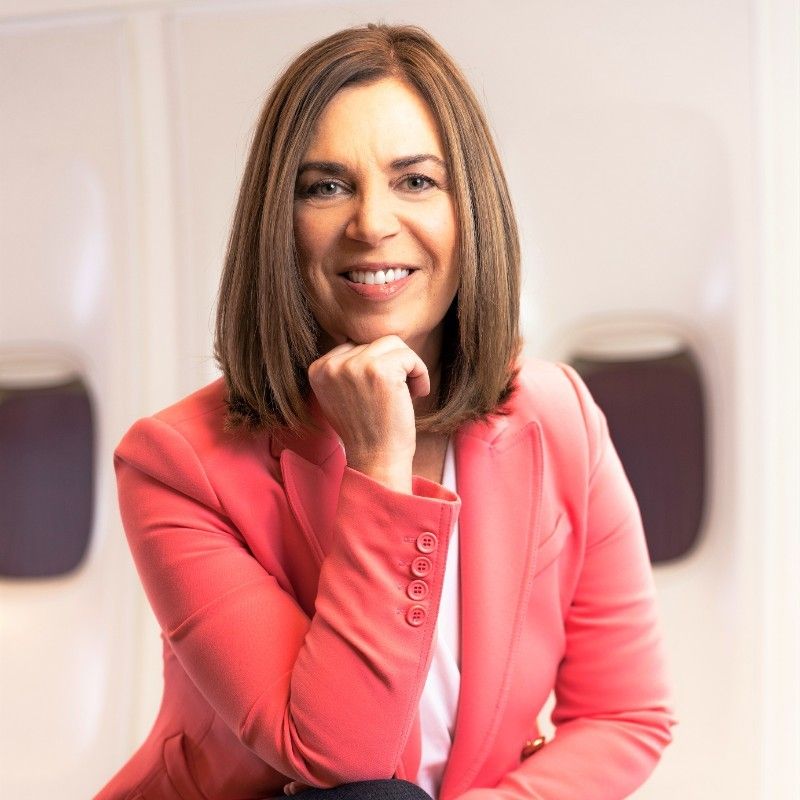[ad_1]

Transparency is key for United’s Doreen Burse, and it’s
served her and the carrier well, particularly for airline distribution changes
in a year where missteps could prove costly to reputation as a corporate
partner and to the corporate sales bottom line.
United took the middle road between American Airlines’ decision
to go all-in on New Distribution Capability and Delta Air Lines’ decision to
remain out of the NDC fray until a later date. The carrier pursued a parallel
course toward future airline retailing in the corporate travel space, while
still making room for those who weren’t necessarily ready to flash
forward—which, it turns out, was a large percentage of buyers as well as
technology and service providers.
“The industry has been heading toward a modern
retailing experience for some time,” Burse said. “We were really
specific about the way we communicated, being transparent, proactive and giving
choice. This is not about forcing people to come to United directly, but
supporting those that want to do omnichannel buying.”
United was first to market in the U.S. to enable continuous
pricing through NDC and direct connect channels. The carrier this year increased
the universe of fares
under that model to 40 percent in the economy cabin and 25 percent in the
premium cabin. Continuous pricing enables the carrier to construct offers that
are not dictated by the 26 static fare class options used by traditional
EDIFACT channels.
“We found we were moving from one fare class to
another, but over pricing ourselves and not selling the ticket,” Burse
said. By being able to offer a price below the next step up in the fare ladder,
United has been able to now sell more tickets and at a “price where the
market is,” she said.
American Airlines will roll out a continuous pricing
strategy soon, the carrier’s director of airline retailing technology Anthony
Rader told a BTN Group webinar audience in November. He did not specify timing.
In line with these channel strategy changes, United enhanced
its United Corporate Direct platform in October, bolstering capabilities to
support—and encourage—a future of omnichannel travel management.
“We have duty of care feeds, expense reporting feeds, policy
controls, form of payment controls. We have tried to take that voice of the
customer and bring it to the airline and let’s solve for the things we know are
an issue,” said Burse, adding that about 640 customers had already activated
United Corporate Direct prior to October enhancements. Since then more than
1,700 more have done so.
Reporting from BTN portfolio mate The Beat, however,
uncovered that some
clients were automatically opted in for United Corporate Direct without
specifically requesting it. A portion of affected clients considered this an
unwelcome detractor from contracted corporate programs.
United since has said
it can unlink unwanted opt-ins for that platform.
In the bigger picture, the
carrier’s push toward an omnichannel vision is having an impact, and buyers have
noted the path of clarity and open communication the carrier has taken to minimize corporate program
disruption—even if it hasn’t been perfect every step of the way.
Open-ended responses to BTN’s 2023 Airline Survey and Report
noted United’s measured approach, saying the carrier has been “very open
and upfront” in communicating about channel and fare strategy changes and for
providing “expectations and timing of NDC implementation.”
[ad_2]
Source link
